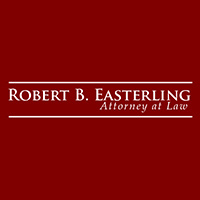Rollins Fork Workout Lawyer, Virginia
Not enough matches for Rollins Fork Workout lawyer.
Below are all Rollins Fork Bankruptcy & Debt lawyers.
Robert Bruce Easterling
✓ VERIFIEDBankruptcy & Debt, Bankruptcy, Estate, Trusts, Wills & Probate
Robert B. Easterling, Attorney at Law, in Fredericksburg, Virginia, offers legal services, specializing in bankruptcy, wills, trusts and estate planni... (more)
FREE CONSULTATION
CONTACTDarren C. Hickman
Business Successions, Business Organization, Collection, Contract
Status: In Good Standing
FREE CONSULTATION
CONTACTFREE CONSULTATION
CONTACTSarah E. Spiers
Business Organization, Dissolution, Foreclosure, Limited Liability Companies
Status: In Good Standing
FREE CONSULTATION
CONTACTFREE CONSULTATION
CONTACTJohn C. Cowan
Commercial Real Estate, Industry Specialties, Business, Bankruptcy & Debt
Status: In Good Standing
George Macarthur Mayhugh
Wills & Probate, Business & Trade, Personal Injury, Workout
Status: In Good Standing


